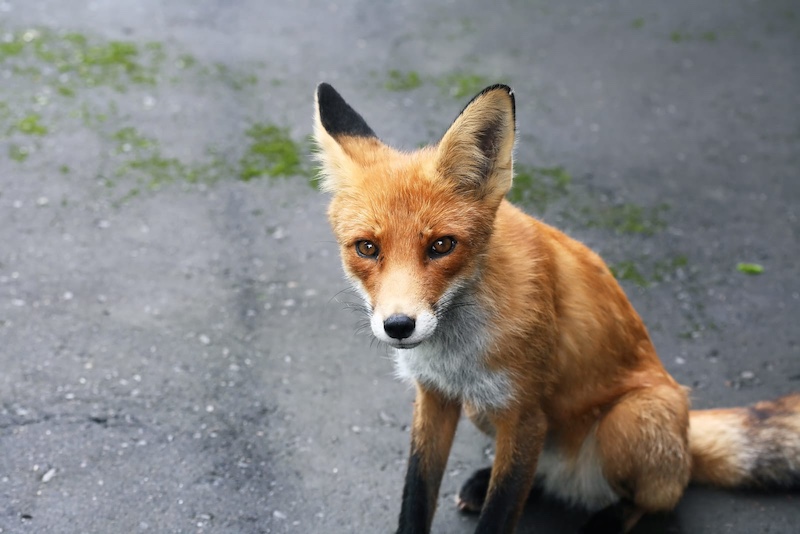Owning exotic animals as pets can be tempting, but in the United States, many creatures are illegal to keep due to safety, environmental, and ethical concerns. Whether due to their danger to humans or their fragile status in the wild, laws restrict the ownership of certain species across various states. Below are ten animals that are illegal to keep as pets in many parts of the United States.
1. Tigers

While some might dream of owning a majestic tiger, it’s illegal to keep these large cats in most states. Even in states where it’s legal, such as Texas, strict regulations apply, requiring special permits and enclosures. Tigers are extremely dangerous, and their size, strength, and carnivorous nature make them unfit for a domestic environment.
2. Wolves

Though many people are fascinated by the idea of owning a wolf or wolf hybrid, it is illegal in most states. Wolves are wild animals with instincts that can’t be tamed, and they pose a significant danger to humans. Even wolf hybrids can exhibit unpredictable behavior, leading to bans in states like California and New York.
3. Primates
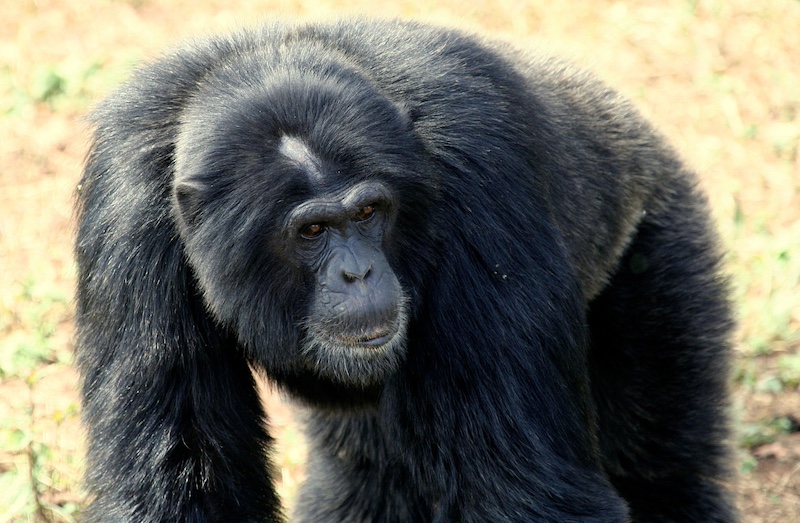
Monkeys, chimpanzees, and other primates are illegal to keep as pets in most U.S. states. Primates can spread diseases such as herpes B and hepatitis, and they require specialized care that the average pet owner cannot provide. Their intelligence and strength also make them dangerous in captivity.
4. Alligators

Owning alligators or other large reptiles such as crocodiles is illegal in most states, though Florida has some exceptions due to the native habitat of these animals. Alligators are extremely dangerous predators, capable of inflicting serious harm. They also require specific environments that can be costly to maintain in captivity.
5. Large Constrictor Snakes
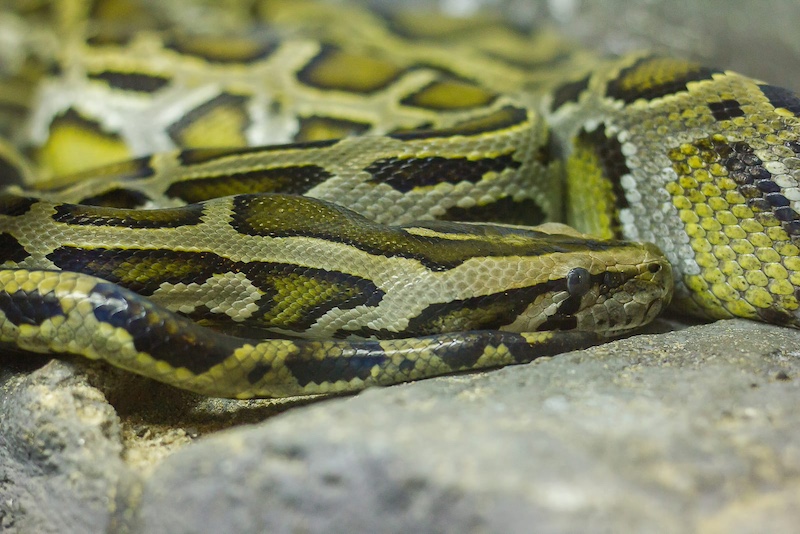
While smaller species of snakes are commonly kept as pets, large constrictor snakes such as Burmese pythons and anacondas are banned in many states. These snakes can grow to enormous sizes and are capable of killing humans. Additionally, escaped constrictor snakes have caused environmental damage, particularly in Florida’s Everglades.
6. Bears
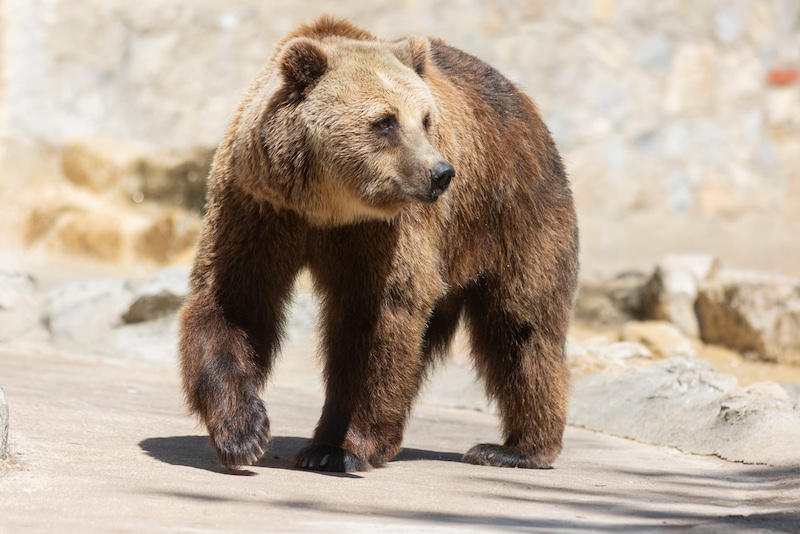
Bears are another species that are illegal to keep as pets due to their size, strength, and aggressive tendencies. Even if raised in captivity, bears retain their wild instincts and pose a significant risk to human safety. States like Alabama and Nevada allow bear ownership with permits, but it is strictly regulated.
7. Kangaroos

Though they may seem like cute and unique pets, kangaroos are illegal in most states. Kangaroos can be aggressive, especially males, and require large spaces to hop around. Their care needs are far beyond the capabilities of most households, and only a few states allow kangaroo ownership with special permits.
8. Foxes
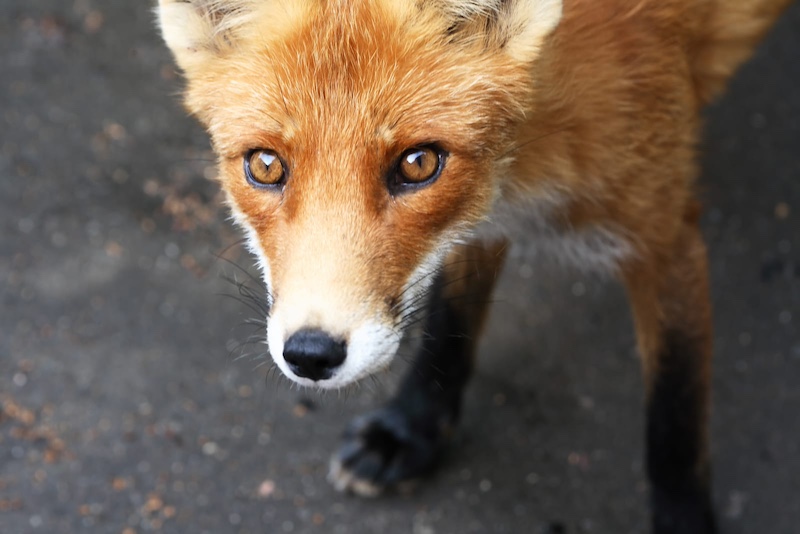
Foxes are wild animals, and despite their dog-like appearance, they are not domesticated and can be aggressive. Some states allow certain species of foxes to be kept as pets with permits, but most states ban them due to their unpredictable behavior and potential to carry diseases like rabies.
9. Slow Lorises

Slow lorises, adorable nocturnal primates, are illegal to own due to their endangered status. In addition to their protected status, slow lorises have venomous bites, which can cause allergic reactions in humans. Keeping them as pets also contributes to the illegal wildlife trade, further endangering the species.
10. Skunks
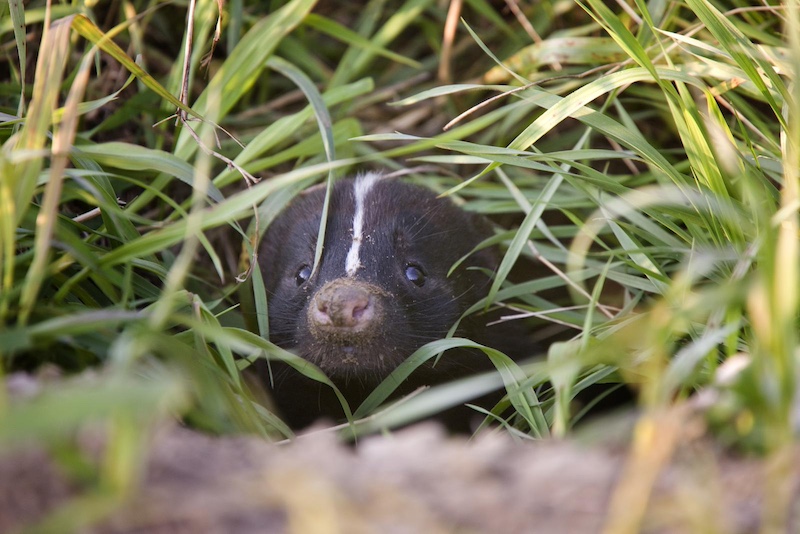
Skunks may seem like interesting pets, but they are illegal to own in most states due to their potential to spread diseases like rabies. Their pungent odor and specific care requirements also make them challenging pets. Though some states allow skunk ownership with permits, the risks often outweigh the appeal. Please Note: This content was created with the assistance of AI and thoroughly edited by a human before publishing.

